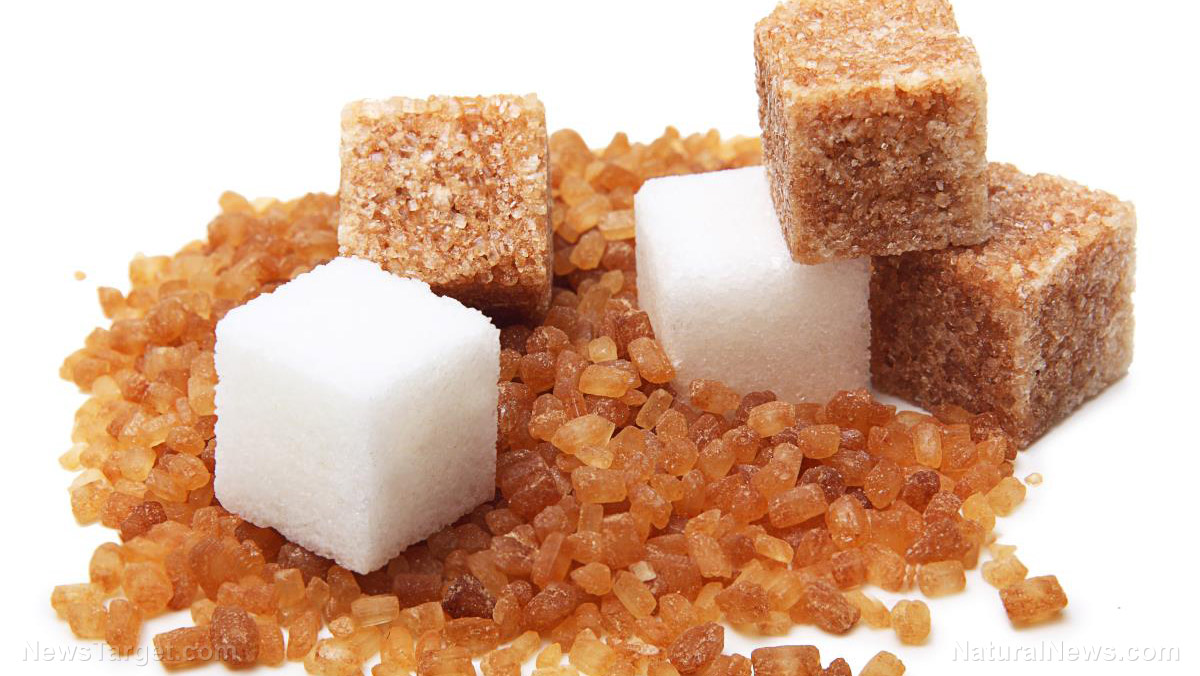
Survival stockpiles often include staples like beans and rice. But how do you safely store items like brown sugar? (h/t to TheSurvivalistBlog.net)
Brown sugar and botulism
Some preppers have expressed their concern about brown sugar, which, if not stored properly, may become contaminated with a bacteria called Clostridium botulinum. This bacteria can produce botulinum, a neurotoxin that causes botulism.
Botulism is a rare but severe illness that can be transmitted through food, contact with contaminated soil, or via an open wound. Without immediate medical treatment, botulism can cause various symptoms and death.
The symptoms of foodborne or wound botulism include:
- Abdominal cramps, nausea, and vomiting (only in foodborne botulism)
- Blurred vision
- Difficulty breathing
- Difficulty swallowing or speaking
- Drooping eyelids
- Facial weakness on both sides of the face
- Paralysis
Storing moist foods in a low-oxygen environment can promote microbial growth, which can cause botulism. Since brown sugar is a moist food, it shouldn't be stored in reduced oxygen packaging like #10 cans or in pouches with oxygen absorbers.
Vacuum packaging doesn't always prevent botulism in moist food products like brown sugar. To prevent botulism, store moist food products in the refrigerator. For long-term storage, store them in the freezer.
Like other types of sugar, brown sugar is a useful ingredient that is also considered a high-carb food. When SHTF, brown sugar will provide energy that will fuel your body.
Tips for storing brown sugar safely
Brown sugar kept in its original sealed packaging can be stored until needed. Keep brown sugar stored in a dark, dry area that is in room temperature or cooler.
For extended storage, you can keep several packages of brown sugar in its original plastic packaging in a five-gallon bucket. Sealing the bucket will keep pests away and provide additional protection from moisture.
You can also keep brown sugar in a sealed airtight container stored at room temperature. This method will extend the shelf life of brown sugar for at least a year.
Finally, brown sugar can be stored in a rust-proof container or moisture-proof plastic bag in the refrigerator. Stored this way, brown sugar can last for about six months.
Tips for keeping brown sugar soft
Here are several tips that can prevent brown sugar from hardening in your pantry. (Related: Food storage tips and tricks for preppers.)
- Lay a slice of bread on top of brown sugar kept in an airtight container. The bread, which absorbs any moisture, will become hard but the brown sugar will stay soft. Replace the bread every other month or so.
- Store brown sugar in a sealed container in the freezer to extend its shelf life. Take note that the sugar needs to thaw for several hours before use.
- Place a damp clay disc inside an airtight container of brown sugar. You can leave the disc in the sugar container for several months.
- Buy a brown sugar "teddy bear." These sugar softeners are soaked in water, then stored in a sealed container with brown sugar. The moisture from the teddy bear keeps the brown sugar soft.
The survival uses of brown sugar
Since brown sugar contains molasses, it has a slightly higher mineral content than white sugar. You can use brown sugar to sweeten biscuits, cakes, coffee, pancakes, and other kinds of baked goods. Additionally, brown sugar can be used to make glazed vegetables, marinades, and stir-fried vegetables.
Alternatively, brown sugar is used as an ingredient in DIY body scrubs. It can also be used topically as an antibiotic.
If you lose power, brown sugar can be used to extend the shelf life of some foods since sugar reduces the moisture that bacteria need to survive.
How to make your own brown sugar
If you run out of brown sugar, you can make your own by combining white (granulated) sugar and molasses. To make brown sugar, simply add one tablespoon of molasses to a cup of white sugar, then mix well.
Store brown sugar properly to significantly extend its shelf life in your survival stockpile.
Sources include:
Please contact us for more information.














